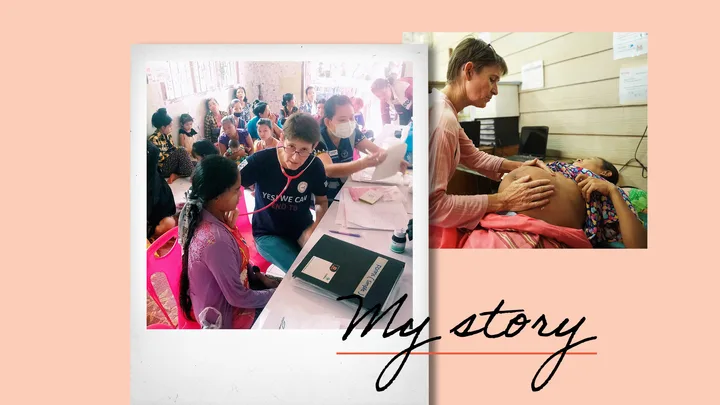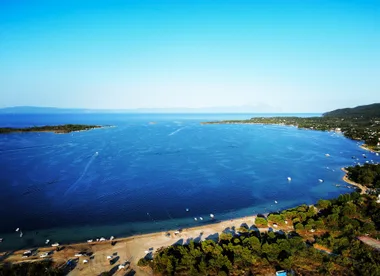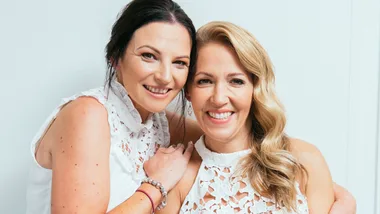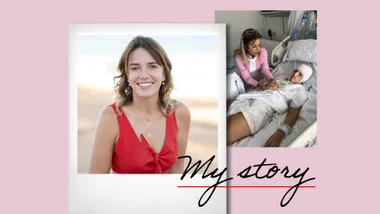Mu Mu arrived semi-conscious at the antenatal clinic, if you could call the humble bamboo dwelling a clinic. She was seven months pregnant and riddled with malaria. We started her on intravenous quinine and began the 20-kilometre-long journey to our hospital, carrying her on a bamboo stretcher.
Her husband and two young children came with us. He, rather than a nurse, tended to her needs, as is often the way here. When she regained consciousness after 72 hours, Mu Mu was able to eat a small meal. It felt like we had won. But the joy was short-lived. She became short of breath and her condition deteriorated. Mu Mu died of acute respiratory distress syndrome. There was nothing I could do.
As I watched her husband – each hand clasping one of his son’s – prepare to go home without her, I felt useless. I had failed them. How would he work and support the children?
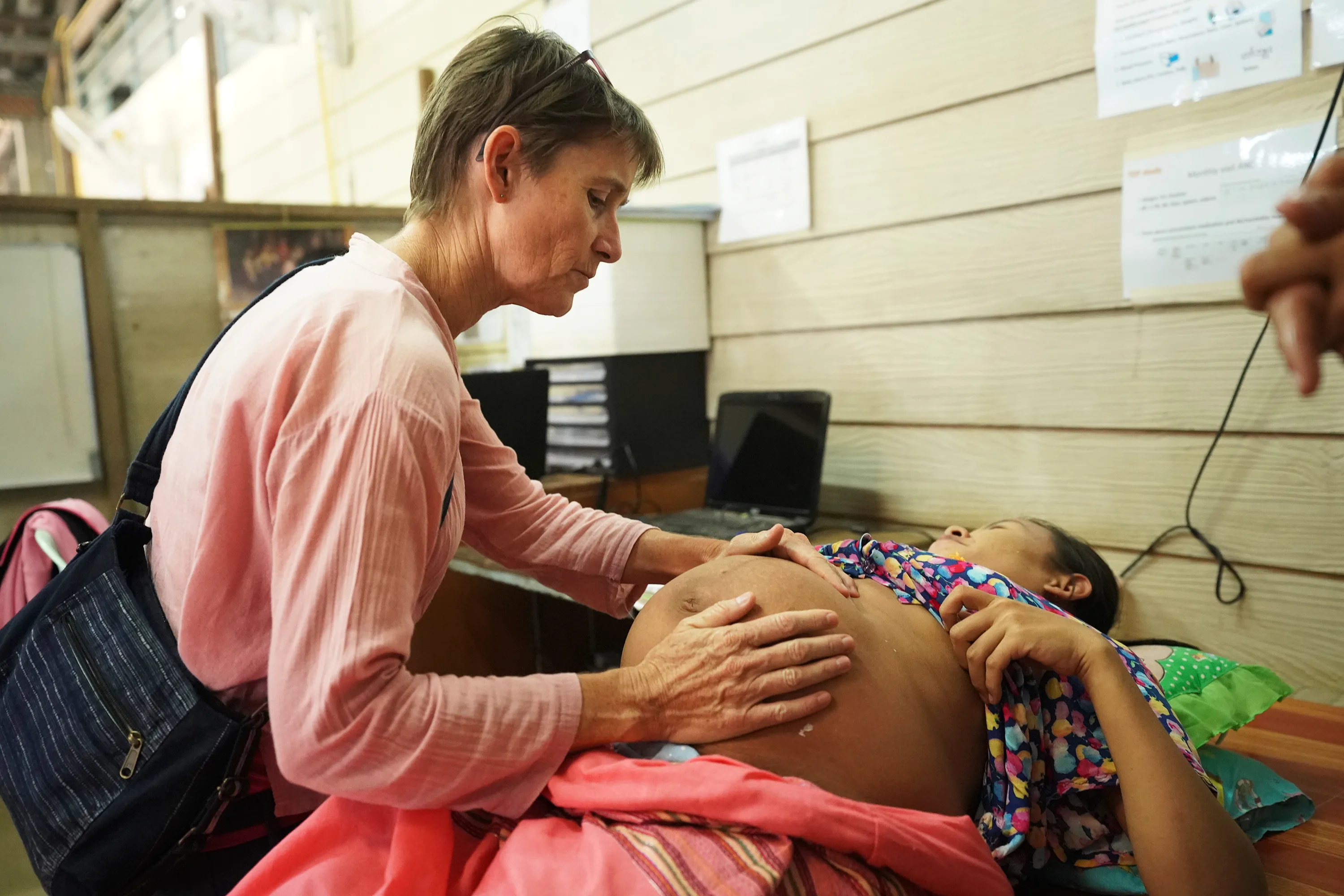
It was the first but far from the last time death would make me want to get as far as possible from the suffering on the Thai-Myanmar border. The loss of life, of people you know would be saved in Australia, weighs heavily. Sometimes tears flow unbidden and I can’t stop them. They don’t bring anyone back, but this release of pent-up emotion probably prevents me from going insane.
So why am I still here 30 years later? It couldn’t be more different from the Canberra home in which I grew up, one of four children under five. A home in which my three brothers and I invariably turned the hallway into a racetrack or cricket pitch, or the garage into a fishing expedition (we took turns playing the fish).
I miss Australia. I miss family and friends, but also those uniquely Australian moments: magpies in flute-like chorus in the afternoon sun; lorikeets, rosellas and cockatoos flitting in and out of gum trees; bushwalks with kangaroos keeping a guarded distance.
So why not come home? Or, as my dad used to say, “Come and get a proper job.”
I hadn’t planned this path to Thailand. In 1993, I was a young doctor in Darwin, preparing to work in remote communities. But first I wanted to volunteer in Africa. Ill-prepared for malaria and other diseases rife in Africa, I took the advice of colleagues and headed to the Liverpool School of Tropical Medicine to study first.
Africa, however, was not to be. Instead I was asked to be part of a medical team on Thailand’s border with Myanmar. I had enough savings to support myself for about six months and no idea of what lay ahead.
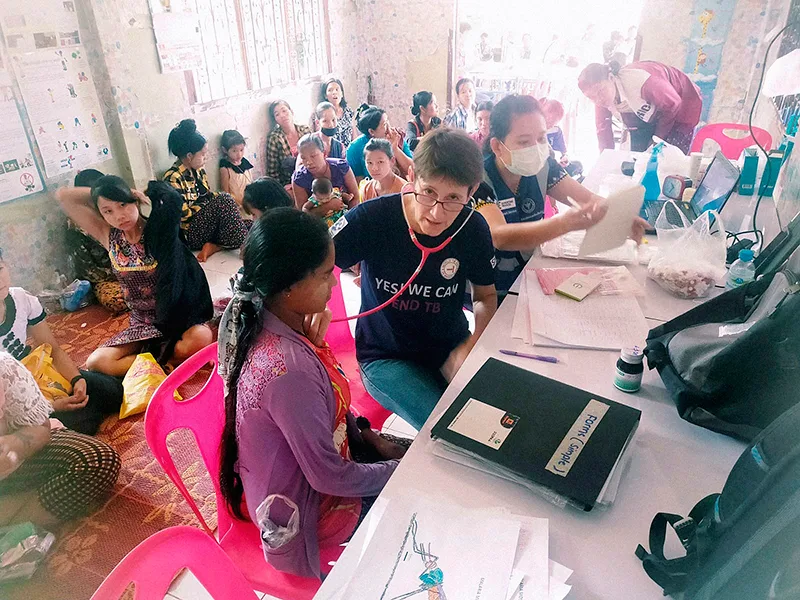
This hilly, forested area in Thailand’s Tak province felt nowhere near as remote as parts of Australia, but it was so very different. Shoklo refugee camp was home to around 9000 displaced people from Myanmar. It was the rainy season when I arrived, and incredibly green. All the houses were made of bamboo with leaf roofs, as was our clinic, though it had a wooden floor to support all the foot traffic.
There were two main health providers in the camp – Shoklo Malaria Research Unit (SMRU), to which I was attached, and Médecins Sans Frontières. I loved the work. Every weekday we travelled to a different place to screen pregnant women for malaria and treat them if necessary, or for anaemia, which was also common. I hadn’t been there long when one of the antenatal clinics had a spike in malaria cases. With one quarter of women infected, up from the average five per cent, we had a mini epidemic on our hands.
We mobilised screening teams to do house-to-house checks. In those days there were no rapid tests. Technicians worked into the night, a whirring generator for company, trying to find the parasite in a smear of collected blood. It was here that Mu Mu came into my life and left a mark. The death was so preventable, yet so heartbreakingly common among the Karen people who had fled persecution and poverty in Myanmar.
And that is why I am still here. Trying to save women like Mu Mu has become my life’s work. SMRU plays a critical role in the fight against malaria in pregnancy. A Chinese herb called artemisinin might have saved Mu Mu but we did not know enough about the safety of the drug at the time. Thirty years of carefully collated data from local staff has helped us change World Health Organisation guidelines so that this treatment can now be given throughout pregnancy.
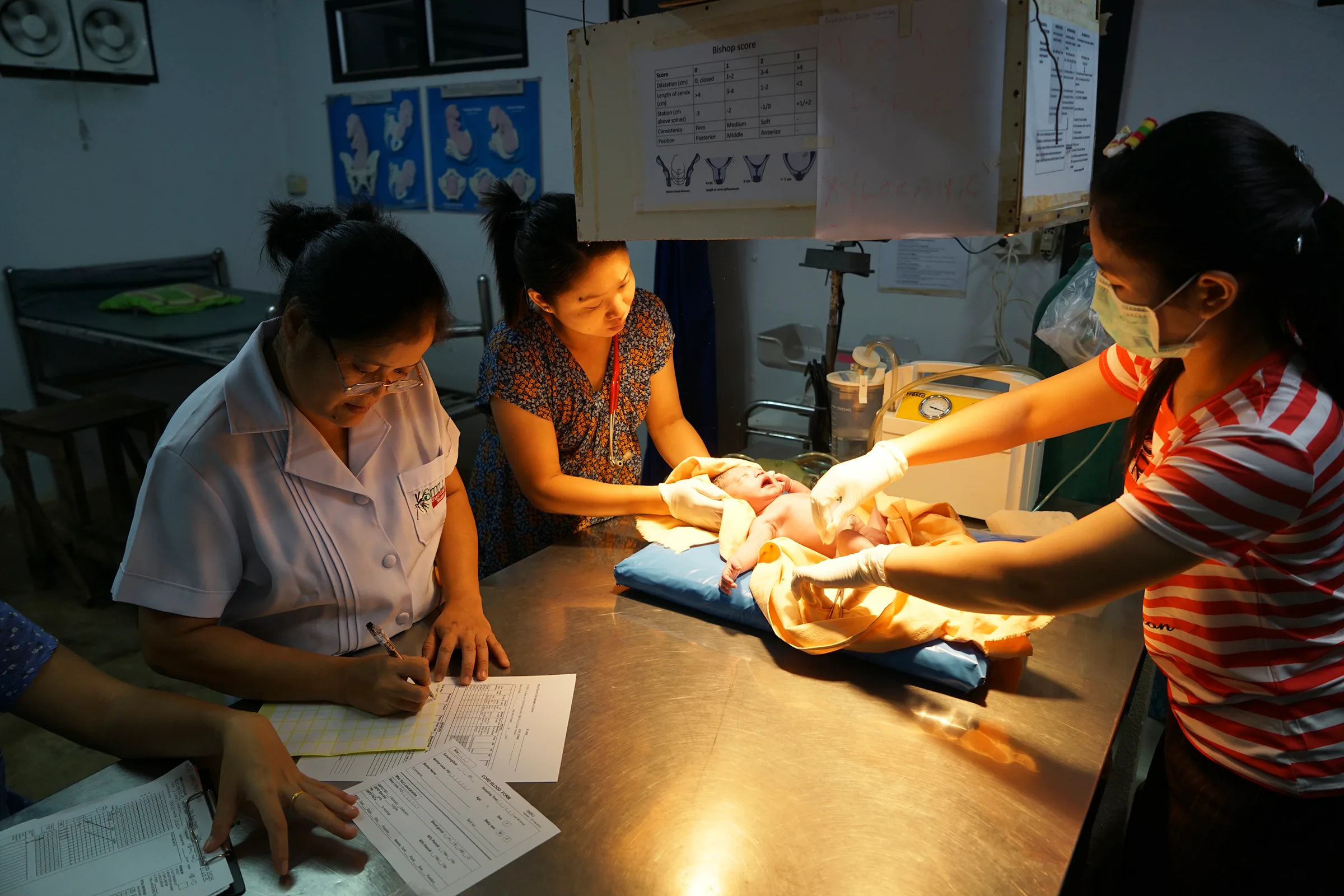
We are making a difference to the lives of some of the world’s most marginalised people. It’s why I was encouraged to start the Dr Rose McGready Foundation. I want to help secure the future of Burmese and Karen people in Tak province, this place that stole my heart. It’s where I met my husband and have raised two children. Where I am constantly in awe of the resilience of those around me.
These people cross the border to toil in the fields for very little. To get documentation in Thailand, they often pay broker fees, effectively forcing them into indentured labour. With barely enough money to pay for food, they go without essential medical care.
The Dr Rose McGready foundation is determined to keep filling a critical gap, working closely with the Borderland Health Foundation to support antenatal and maternal health. Part of this is training. When we were given an ultrasound, we trained locals to become sonographers. People in this refugee camp have now graduated with a certificate not recognised in Myanmar or Thailand, yet they save lives.
“We are making a difference to the lives of some of the world’s most marginalised people”
Dr Rose McGready
Recently, I was in a cycling accident. I spent time in intensive care and was then transferred to Bangkok for surgery. A team of colleagues established a 24-hour vigil, sleeping on a mat next to my bed. Their presence meant I was never alone. They helped comfort me and have supported me when I felt overwhelmed with fear.
The blessings, prayers and wishes I have received from faiths near and far have also given me strength. As a doctor, to experience care from a patient’s perspective has been humbling. I have seen the value of our own work at close range. Returning to work will take time, but knowing that our amazing, locally trained health workers continue to save lives inspires me to get well and to get back to help them.
To learn more about the Dr Rose McGready foundation, visit drrosemcgreadyfoundation.org.au
